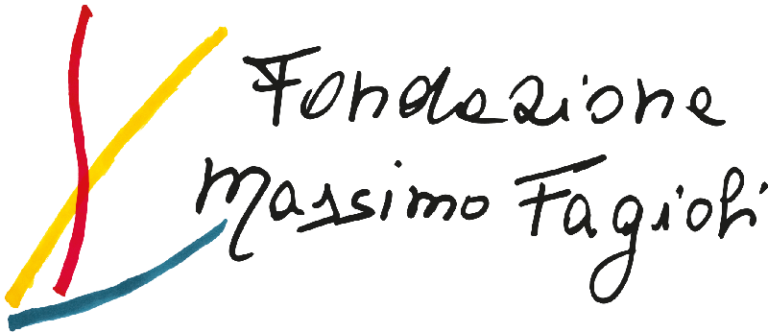Call for papers
INTERNATIONAL CONFERENCE
Fifty years of Death Instinct and Knowledge
The Human Birth Theory and its implications
Rome - November 18th-19th, 2022

Death Instinct and Knowledge, the first book written by psychiatrist Massimo Fagioli (1931-2017), was published in January 1972. It currently has 14 Italian editions and has now also been translated into German and English, while a French translation is forthcoming.
To celebrate the fiftieth anniversary of the publication of this pivotal book, the Massimo Fagioli Foundation is organizing an international scientific confer- ence dedicated to the original thesis presented by Fagioli: the discovery of the dynamics of human birth as the founding neurobiological event for human mind and thought. The Italian psychiatrist’s conceptualization of the physiology of the mind, known as the “Human Birth Theory”, proposes a new perspective of human being and offers, at the same time, the basis of a new psychodynamic approach to psychotherapy.
The Massimo Fagioli Foundation calls for submissions of scientific contributions related to the “Human Birth Theory’”, to its implications for the study and treatment of mental illness and its role in other scientific and cultural fields.
The following list of topics can be considered as indicative. Contributions related to any other aspect of the theory put forward in Death Instinct and Knowledge, in the fields of medicine and psychiatry or natural, human, and social sciences, are welcom
Thematic areas
A. Psychiatry, psychotherapy and development psychology
Fagioli’s new concept of death instinct and its innovative connection with the process of knowledge: a historical confrontation with organicism, phenomenological psychiatry, psychoanalytic tradition and with development psychology.
Conceptual distinctions between the following terms: instinct and pulsion, identity and identification, indifference and lack of affectivity, refusal and negation, memory-fantasy and conscious recollection.
The universal characteristics and potential of the original Self at birth.
The psychiatric and psychotherapeutic identity: a new etiological and methodological model for the therapy of psychosis and depression and clinical practice based on the interpretation of dreams.
B. Neonatology and bioethics
Fetal and neonatal neurology: the transformation of the human brain at birth.
The importance of the first year of life for the mental development of a child.
The definition of the beginning and the end of human life and its bioethical implications.
C. Socio-cultural contexts and implications
The theorization of Fagioli in the cultural, historical and social context of the 1960s and 1970s.
The role of non-rational thought as the cornerstone of human achievement and within the process of scientific research and discovery.
The anthropological, philosophical and socio-political implications of the “Human Birth Theory”.
The recognition and the effects of Death Instinct and Knowledge in Italian and international cultural settings.
Deadline for submissions
Contributors are invited to submit an extended abstract of their paper (about 5,000 characters) with complete references not later than March 31th, 2022, by filling out the following form.
The Scientific Committee will inform authors about the acceptance of papers by July 15th, 2022.
For more information send mail to convegnoistinto50anni@fondazionemassimofagioli.it
The final program of the Conference will be posted by August 31st, 2022.
The Conference will be held in Rome on the 18th and 19th of November 2022.
President of the Conference Francesca Fagioli
Scientific Committee of the Conference: Ernesto Longobardi (Chairman), Elisabetta Amalfitano, Carlo Anzilotti, David Armando, Alessia Barbagli, Paola Casolini, Giusi De Santis, Letizia Del Pace, Matteo Fago, Paolo Fiori Nastro, Maria Gabriella Gatti, Paola Gramigni, Annelore Homberg, Andreas Iacarella, Cecilia Iannaco, Ilaria Maccari, Alice Masillo, Andrea Masini, Federico Masini, Elena Monducci, Ada Montellanico, David Natali, Fernando Panzera, Elena Pappagallo, Martina Patanè, Daniela Polese, Andrea Raballo, Ugo Tonietti, Andrea Ventura, Fabio Virgili.
